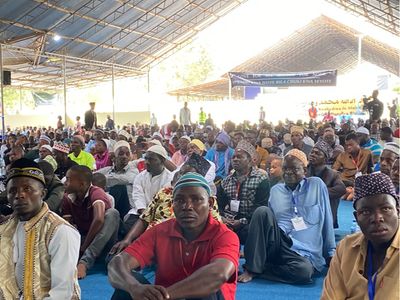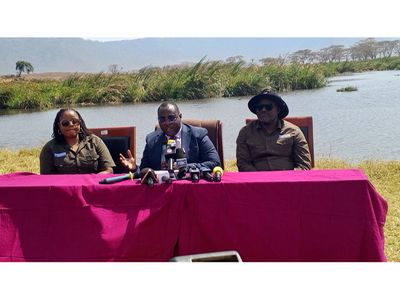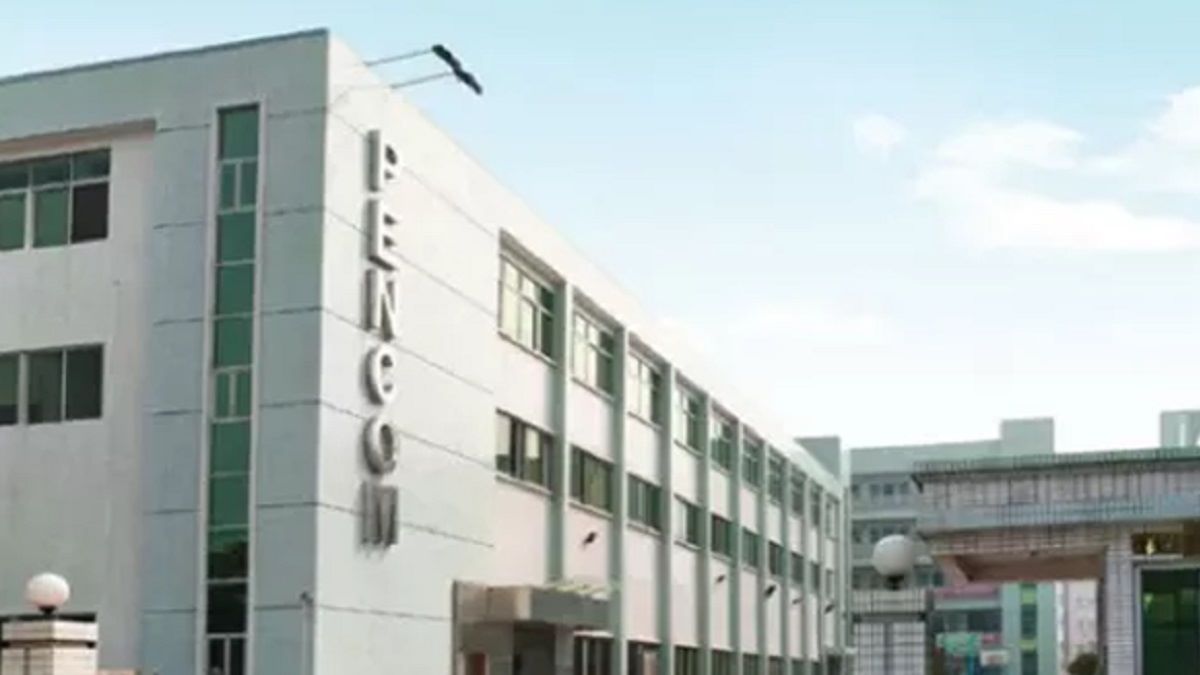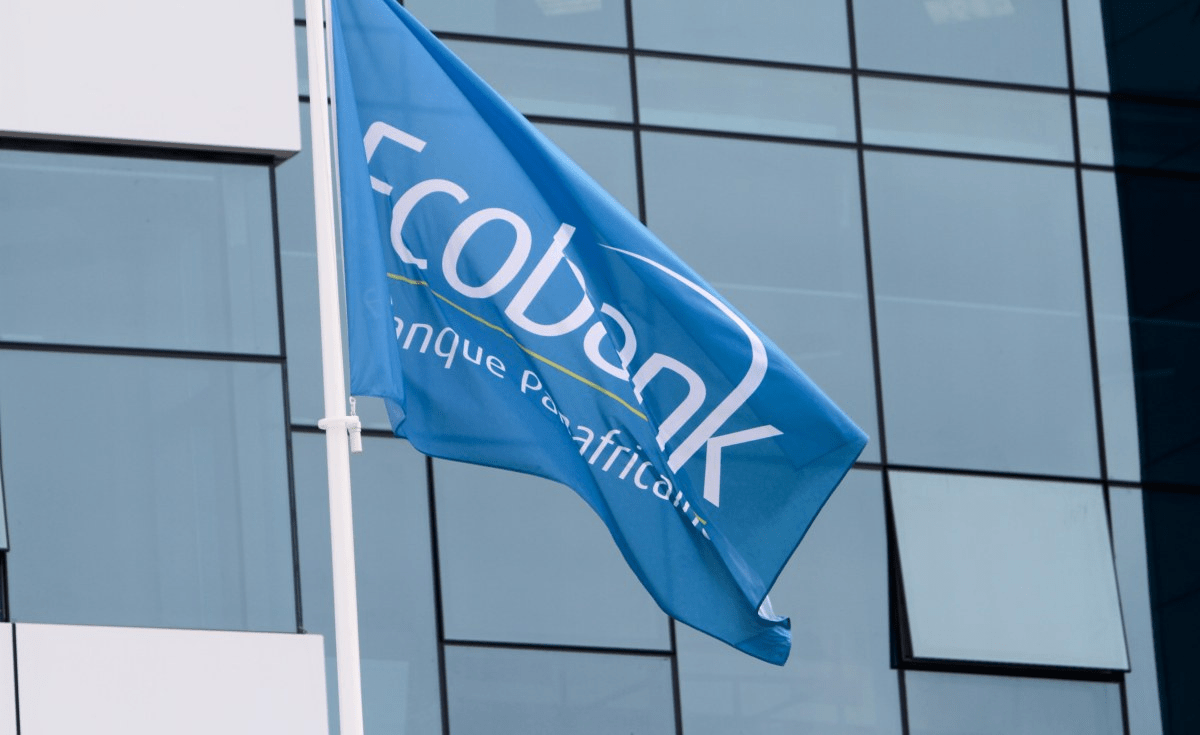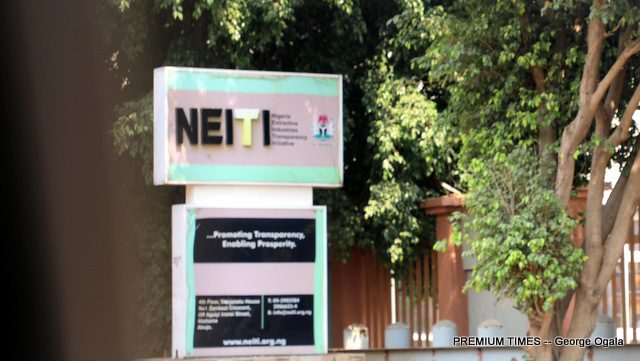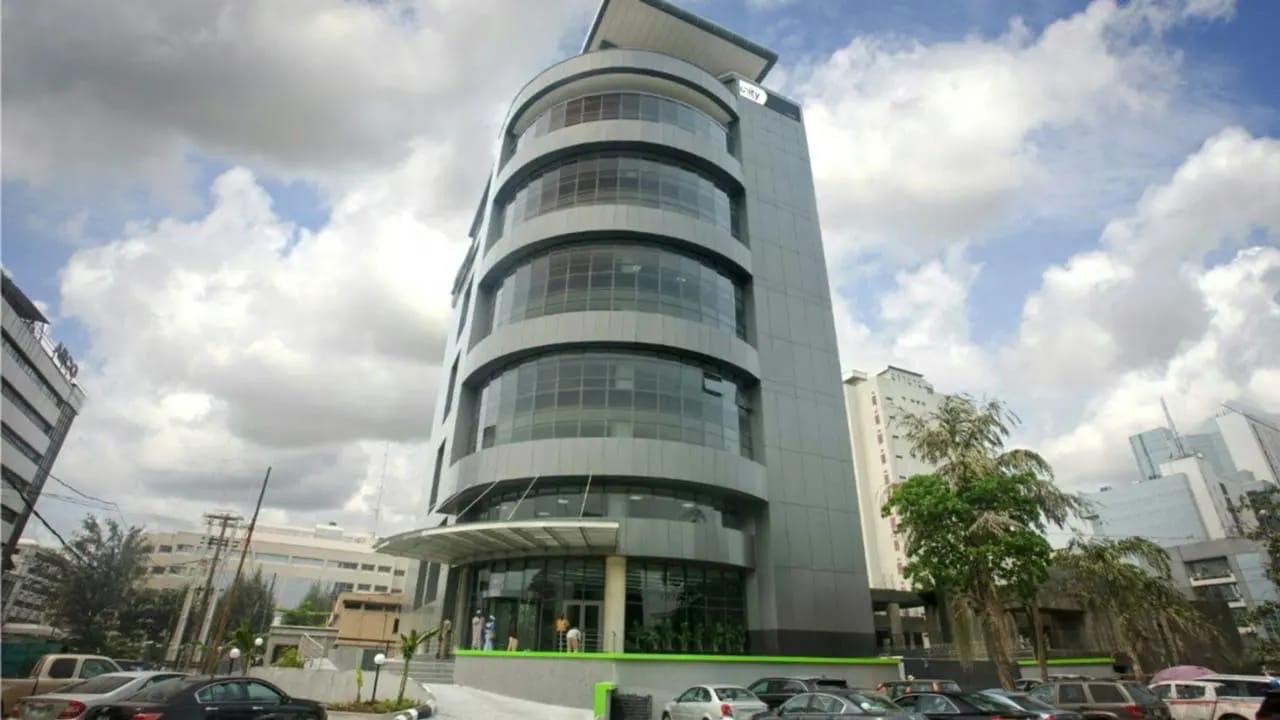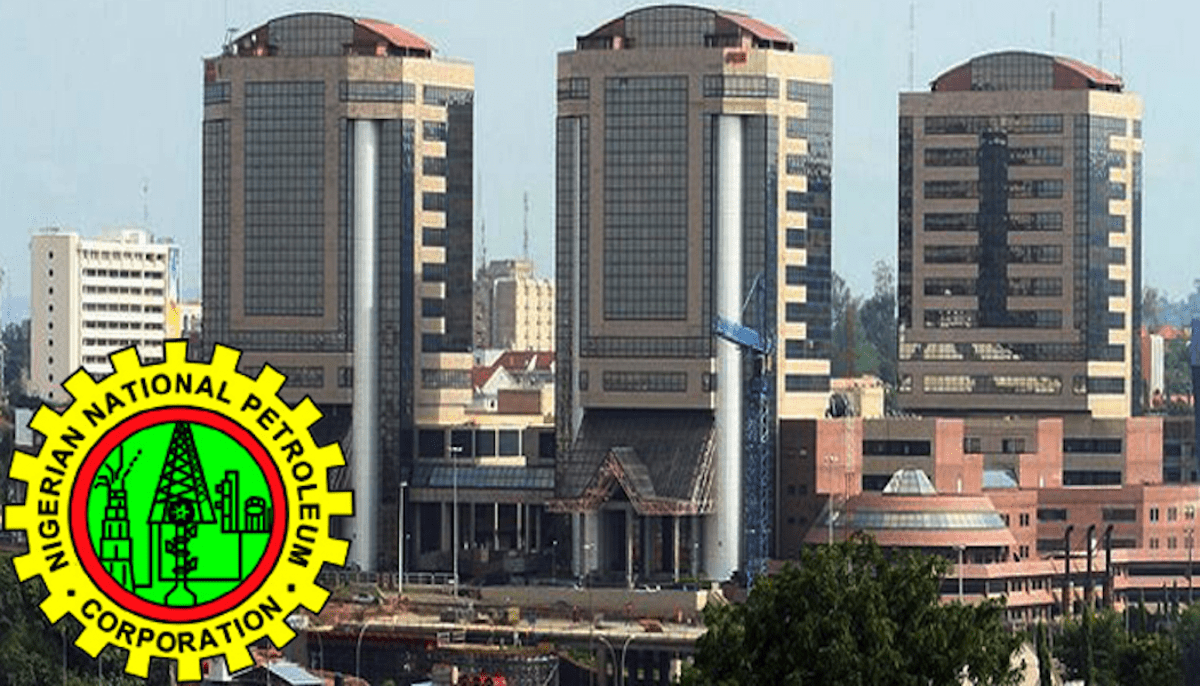Contrary to claims by the opposition New Patriotic Party (NPP) that President John Dramani Mahama and his ruling National Democratic Congress (NDC) orchestrated the removal of Chief Justice Gertrude Araba Esaaba Sackey Torkornoo, The Herald’s findings suggest otherwise.
Her downfall, according to investigations, stemmed instead from a protracted and bitter feud with businessman Daniel Ofori, owner of White Chapel Limited and a major shareholder in Ecobank Ghana PLC. The dispute dates back long before the Mahama administration.
At the centre of her September 1, 2025 dismissal were accusations that Justice Torkornoo conducted herself capriciously as Chief Justice, exercising power in a naked and arbitrary manner, with little regard for judicial principle or restraint. Allegations against her included instructing subordinates to disregard court orders, demanding benefits for her husband and daughter to which they were not entitled, and carrying out arbitrary transfers of judicial staff.
The feud between Justice Torkornoo and Mr Ofori travelled through various levels of Ghana’s judicial system, including the Supreme Court. At one point, the then Chief Justice Kwasi Ani-Yeboah presided over a panel that removed her, then a Justice of the Supreme Court, from the case on grounds of bias.
The Herald’s findings indicate that Justice Torkornoo had consistently sided with Ecobank Ghana against Daniel Ofori, taking steps that frustrated his claims against the bank, incorporated in 1989 as a private limited liability company under the Companies Code. She argued that the bank’s interests needed to be protected in order to safeguard the jobs of the many Ghanaians it employed.
Mr Ofori and his lawyers, however, strongly disagreed, insisting that his investments in the bank also needed protection. They accused Justice Torkornoo of acting openly against his interests in favour of Ecobank, deepening the perception of bias.
In another high-profile matter, brought by the Bono Regional Chairman of the NPP, Kwame Baffoe, alias Abronye DC, Justice Torkornoo presided over a Supreme Court panel that ruled spouses of the President and Vice-President are not public officers under Article 71 of the 1992 Constitution. The panel held that spouses could not be entitled to salaries or other benefits and privileges charged to the Consolidated Fund.
Critics argue that such rulings, coupled with her handling of the Ecobank case, eroded confidence in her impartiality and independence. What ultimately sealed her fate, according to insiders, was not political manoeuvring by the Mahama administration but her own embroilment in a corporate dispute that exposed her to charges of bias and misconduct.
Mr Ofor’s petition had stated the “Chief Justice, in bad faith and arbitrarily and unreasonably transferred the execution proceedings initiated on the directions of the Supreme Court, before the High Court (Commercial Division 7) Accra presided over by His Lordship Justice Lodoh in a suit intituled Daniel Ofori v Ecobank Ghana Limited numbered CM/MISC/0829/2021, from that High Court to the High Court General Jurisdiction – 8 Accra, presided over by Her Ladyship Justice Ellen Mireku, simply to achieve a result that she had sought unsuccessfully to achieve when sitting in the Supreme Court as a member of the panel in Daniel Ofori v Ecobank (Suit Numbers J8/114/2020 and J7/13/2020 dated 24th March 2021) and after receiving a petition from the lawyer for the judgment debtor/respondent in suit no. CM/MISC/0829/2021 in respect of which petition, she did not give the lawyer for the judgment creditor/applicant an opportunity to be heard”.
The businessman mentioned that the “Chief Justice abused the power of the Chief Justice to transfer cases pending before one judge to another judge by ordering a transfer of a suit entitled Ecobank v Daniel Ofori (suit numbered GJ 0902/23) from the High Court (General Jurisdiction 6) presided over by Her Ladyship Justice Buansi Amponsah to the High Court (General Jurisdiction 8) presided over by Her Ladyship Justice MIreku simply because she did not like a decision given by Justice Buansi Amponsah to dismiss the suit, which ran counter to dissenting opinions of Her Ladyship as a member of the panel of the Supreme Court in Daniel Ofori v Ecobank (Suits numbered J8/114/2020 and J7/13/2020) dated 24th March 2021).
In other matters, he said Justice Torkornoo, “misappropriated the sum of GHS 261, 890.00 of public funds for the benefit of the Chief Justice for her private foreign travel with her husband, Mr. Francis Kofi Torkornoo, and her daughter Miss Edem SA Torkonoo and US$30,000 in per diem allowance when, to her knowledge, neither the husband of the Chief Justice nor the Chief Justice’s daughter were entitled to have their travel or any travel allowances paid for out of the funds of the Judicial Service”.
“In 2023, the Honourable Chief Justice misappropriated the sum of GHS75,580.00 out of public funds for Ethiopian Airline tickets for the Honourable Chief Justice and her husband during the vacation of Her Ladyship to Arusha, Tanzania”.
“In 2023, Her Ladyship the Honourable Chief Justice obtained from the Judicial Service an accountable imprest in the sum of $14, 000.00 to the Honourable Chief Justice to travel with her husband to Arusha Tanzania which he failed to retire”.
“In July 2023, Her Ladyship the Honourable Chief Justice, without the knowledge of the accused person and his lawyers, unconstitutionally interfered with judicial proceedings in the case of Republic v Gyekye Quayson Suit No. CR/0264/2022 in the High Court (Criminal Division 3) by causing officials of National Security to go and seize from the courts computers on which proceedings in the case and other cases in that court were being recorded, ostensibly in connection with investigations into allegations of tampering with the record of proceedings in the said case”.
The petition went on saying the Chief Justice, without the knowledge of the accused person and his lawyers, unconstitutionally interfered with judicial proceedings in the case of Republic v Gyakye Quayson Suit NO. CR/0264/2022 in the High Court, (Criminal Division 3) by accusing the arrest and maltreatment at the offices of National Security of Judicial Service personnel of the ICT Division of the Law Courts Complex and Judicial Service personnel at the High Court, Criminal Division 3, as well as the questioning of the said officials of the Judicial Service by the officials of the National Security that the Honourable Chief Justice had caused to go to the High Court Criminal Division 3.
The “Chief Justice falsely and maliciously accused two members of staff of the Judicial Service, namely Francis Baiden and Adwoa Boatemaa Prempeh, of tampering with the record of the proceedings for 19th July 2023 in the case of Republic v Gyakye Quayson, Suit No. CR/0264/2022 and set up a committee of inquiry, also without the knowledge or involvement of the accused person and his lawyers, even though the proceedings alleged to have been tampered with related to proceedings in the case and were of interest to the accused person”.
“The Honourable Chief Justice arbitrarily, capriciously, unreasonably and maliciously transferred Francis Baiden, Deputy Director of ICT of the Judicial Service, from the said position ‘to the Regional Administration Judicial Service Tamale to coordinate activities or private process servers in the
“Northern, North East, Savannah, Upper East and Upper West Regions of the country’ immediately upon Francis Baiden being exonerate by a committee of inquiry set up by Her Ladyship the Chief Justice and reinstated to his position as Deputy Director of ICT of the Judicial Service as recommended by the committee from the false charge of tampering with a record of the proceedings in the case of Republic v Gyakye Quayon Suit No. CR/0264/2022.
“The Honourable Chief Justice contemptuously refused to comply with a decision of the High Court, Accra (Industrial /Labour Court 1) presided over by His Lordship Justice Frank Aboadwe, dated 30th July 2024, which ordered the reinstatement of a member of staff of the Judicial Service, namely Thomas Odei Boafo in a case titled Thomas Odei Boafo v The Judicial Service of Ghana & Anor. (Suit. No. IL/104/2019).
“The Honourable Chief Justice contemptuously refused to comply with a decision of the High Court, Accra presided over by His Lordship Justice Frank Aboawe dated 21st March 2024 which ordered the reinstatement of a member of staff of the Judicial Service namely Philip Kumayi Daliba in a case titled Phillip Kumayi Daliba v The Judicial Service of Ghana & Anor.
“The Honourable Chief Justice arbitrarily, capriciously and unreasonably dismissed Mohammed Musah, a Deputy Chief Registrar, High Court, Tamale, by letter dated 5th December 2023, in clear violation of Article 151 of the 1992 Constitution and treated with contempt representations on the matter from the Judicial Service Association of Ghana and Mr. Musah.
“The Honourable Chief Justice arbitrarily, capriciously and unreasonably dismissed Mr. Richard Boadi Acheampong by letter dated 12th October 2023 on grounds of absenting himself without permission and reporting to work late which are minor offences under Rule 11 of the Judicial Service Code of Conduct when dismissal is the harshest penalty for major offences and treating with contempt a decision of the Judicial Council on 29th November 2023 that a petition from Mr. Richard Boadi Acheampong be duly considered. Mr. Richard Boadi Acheampong was traumatized by the wrongful dismissal and unfortunately passed away in March 2024.
“The Honourable Chief Justice unreasonably and contemptuously refused to comply with an order of the Court of Appeal dated 23rd May 2023 staying execution of a suspension imposed by the Disciplinary Committee of the General Legal Council, which Council Her Ladyship the Chief Justice is chairperson of, on a lawyer, Kwame Fosu Gyeabour and causing circulars dated 18th February 2023 and 15th March 2024 go be issued to all courts requiring the courts not to grant audience to the said lawyer. It was stated in the circular dated 18th February 2024 that the said lawyers licence “ …has not been renewed for the year 2024 and further All Courts are therefore not to grant him audience until further notice from the General Council.”
“It was also stated, in the circular dated 15th March 2024 that the Ghana Bar Association had indicated by letter that it had “…deactivated Mr. Kwame Fosu Gyeabour’s certificate generated on the GBA portal, marked eGAR01553/24… All Courts are to take note and take the necessary action accordingly.”
“The Honourable Chief Justice unconstitutionally interfered in the judicial power of judges by purporting in a circular dated 18th February 2024 from the General Legal Council to direct as follows:
“The Honourable Lady Chief Justice and Chairperson of the General Legal Council has further directed that any order issued on Mr. Kwame Fosu Gyeabour’s application will be void.”
“The Honourable Chief Justice unconstitutionally interfered in the judicial power of the Kasoa Ofaakor District Court in the case of Robert SAwale MeIntosh operating under the Business name and style: Unitrans Susu Enterprise v Justice Akanji (Suit No. A2/76/2021) by summoning the Registrar of the said court to her office in or about August 2023 and ordering him not to proceed with execution processes that were being pursued by the plaintiff based on a decision of the District Court in favour of the Plaintiff.
“The Honourable Chief Justice undermined the independence of the judiciary by nominating to the President for appointment to the Supreme Court five (5) additional judges based on her capricious determination, in collusion with the then President, to have total partisan political control of the Supreme Court long after the term of the said president.
“The Honourable Chief Justice arbitrarily, capriciously and unreasonably transferred Justice Anokye-Gyimah from the High Court in Accra to Kumasi on account of his decision in Republic v Opuni and others to conduct the trial de novo after the case was assigned to him upon the retirement of Justice Honyenugah.
“The Honourable Chief Justice arbitrarily, capriciously and unreasonably reassigned the case of Republic v Opuni and others to Justice Aboagye Tandoh who she then transferred from Winneba to Accra specifically for the purpose of handling the case.
The Honourable Chief Justice arbitrarily, capriciously , unreasonably and unlawfully interfered with the administrative responsibility of the Registrar of the Court of Appeal (Civil Division )Accra to put an ex-parte application in the case of Professor Margaret Kweku and ors v Electoral Commission and John Peter Amewu (SALL Case) before the Court of Appeal sitting in Accra on or about 16th December 2025.
The Honourable Chief Justice acted arbitrarily, capriciously and unreasonably when, upon the Plaintiff’s representation in the case of Afenyo-Markin v Speaker of Parliament, she immediately and in the most unprecedented manner empanelled the Supreme Court for the hearing of an ex parte application in the said case.
INCOMPETENCE – SPECIFIC ALLEGATIONS
The Honourable Chief Justice unreasonably appointed as the Judicial Secretary a Judge of the Court of Appeal, Justice Cyra Pamela Addo who has continued to sit as a Judge, thus creating inefficiency in the running of the Secretariat of the Chief Justice.
The Honourable Chief Justice unreasonably appointed as a Registrar of the Supreme Court a Judge of the High Court, Justice Helen Ofei , who has continued to sit as a Judge, thus creating inefficiency in the running of the Secretariat of the Chief Justice.
The Honourable Chief Justice unreasonably appointed as Registrar of the Court of Appeal (Civil Division) a judge of the circuit court, His Honour Jojo Amoah Hagan who has continued to sit as a judge, thus creating inefficiency in the running of the Registry of the Court of Appeal (Civil Division).
The Honourable Chief Justice, by appointments of sitting judges to administrative positions, compromises their ability in the exercise of administrative responsibilities to deal effectively with other judges, especially judges senior to them, thus creating inefficiency in the carrying out of their administrative duties.
Removing judges for misbehaviour is well established in English common law. The removal of judges on such grounds is important to protect the judiciary’s integrity and independence.
What accounts as misbehaviour may therefore be discerned from the common law, which is a source of law under article 11(1)(e) of the Constitution, common law defined in article 11(2).
Misbehaviour in common law typically includes: Abuse of Office: using the office of a judge in a manner which brings the administration of justice into disrepute.
Incompetence: demonstrating a lack of ability or capacity to perform duties in accordance with the standards required and/or expected of the office.
Unreasonableness: behaving in a manner that defies logic undermines public confidence in the judiciary, such as making decisions that are irrational, arbitrary, or inappropriate relationships.
Corruption: engaging in bribery or other forms of corruption.
Moral turpitude: engaging in conduct that is morally unacceptable, such as fraud or dishonesty.
Misbehaviour in terms of the 1992 constitution of the Republic of Ghana is also to be interpreted from a constitutional context that involves the separation of powers, the independence of the judiciary, respect of fundamental human rights, justice being administered in the name of the people, and hence the need to ensure public confidence in the administration of justice. Conduct of a Chief Justice undermining these foundational aspects of the legal system of Ghana is, thus, without doubt, misbehaviour such as justifies the removal of a Chief Justice.
Article 127(2) of the Constitution protects judges form interference providing that
“Neither the President nor Parliament nor any person acting under the authority of the President or Parliament nor any other person whatsoever shall interfere with Judges or judicial officers or other persons exercising judicial power…”(emphasis added).
This provision, clearly, is not only about interference with Judges or judicial officers from the President or Parliament. It also requires a Chief Justice, for instance, in the discharge of administrative duties supervising the Judiciary not to interfere with individual judges or judicial officers or other person in their exercise of judicial power.
Especially when administrative action by the Chief Justice is to please the President or assist the agenda of the Executive or meant to satisfy a personal whim as doing something to fagvo9ur an individual, the danger to the independence of the Judiciary is even more serious.
The post How Ecobank Ghana caused Chief Justice’s Torkornoo fall appeared first on The Herald ghana.

